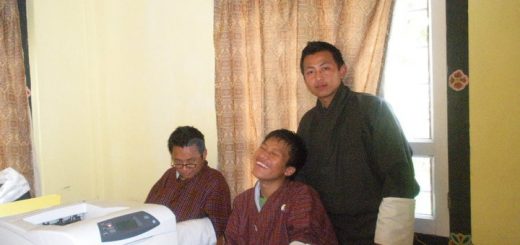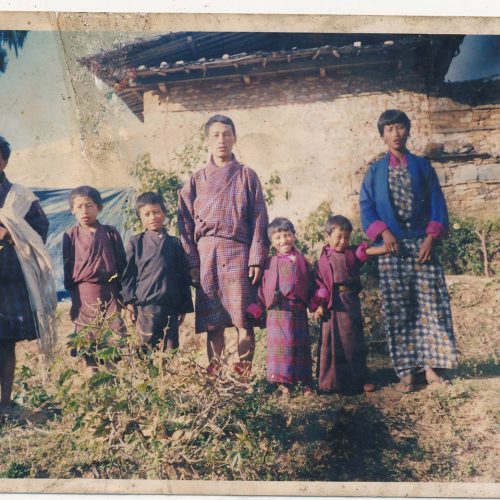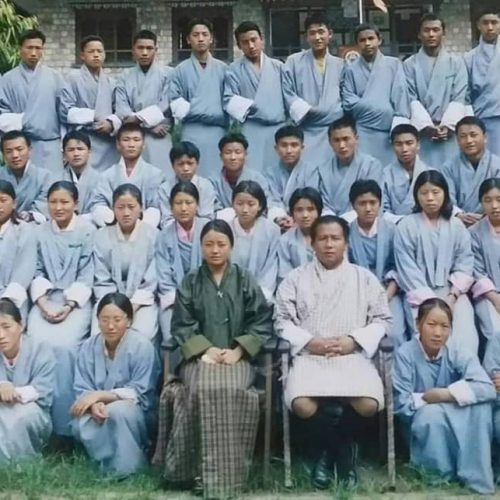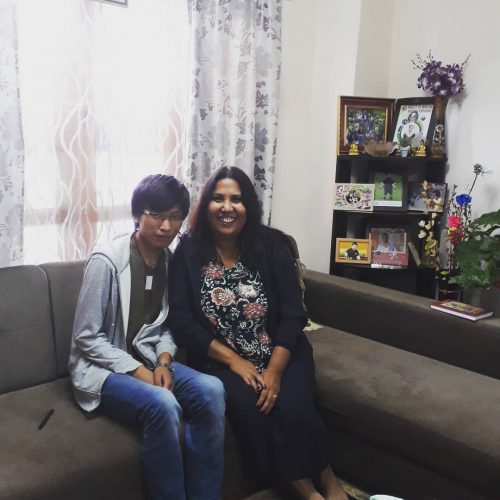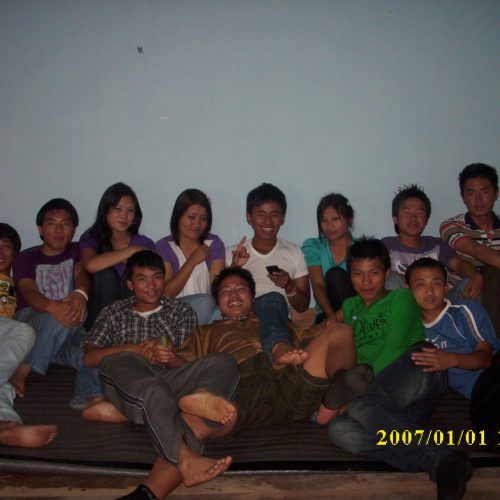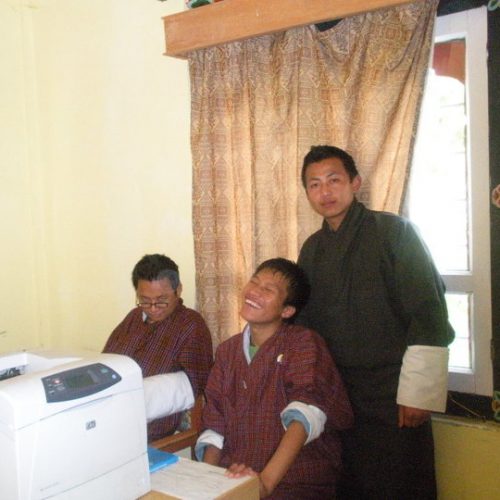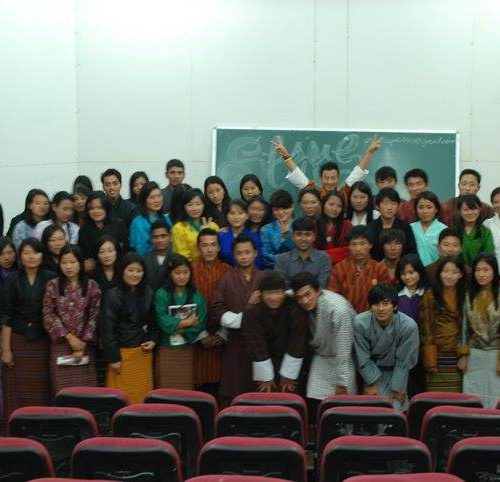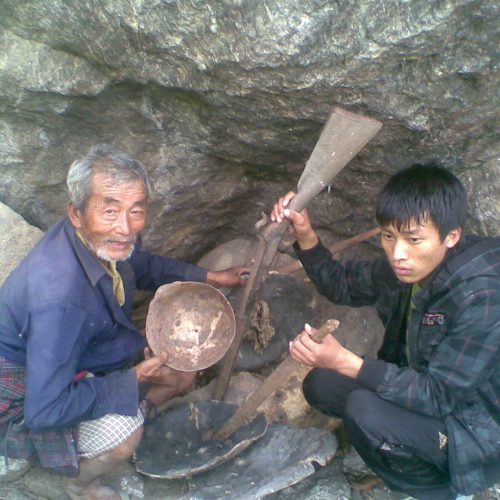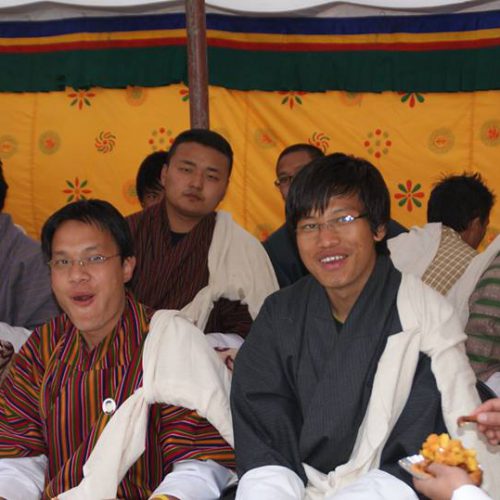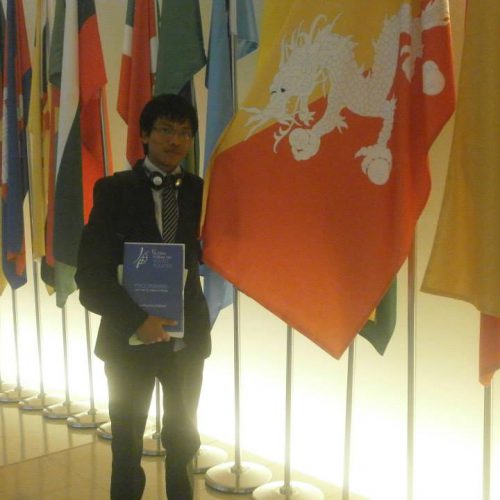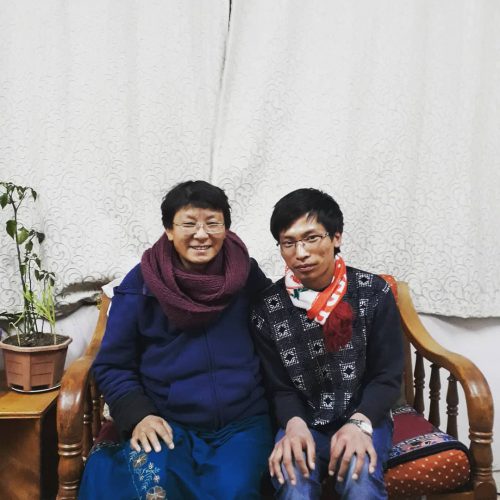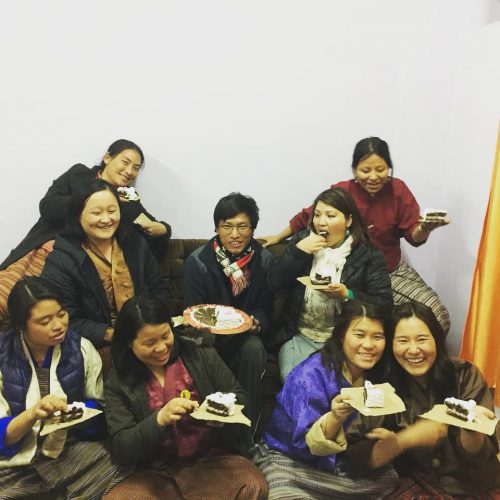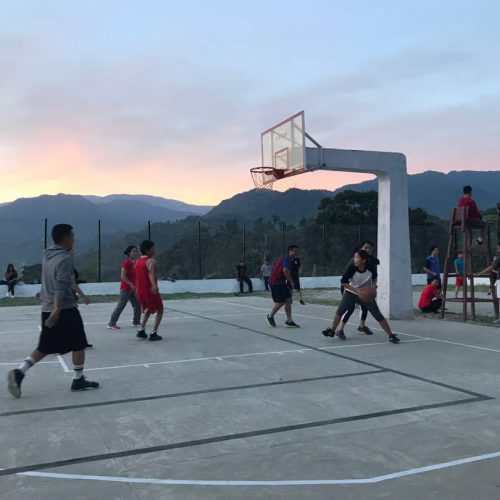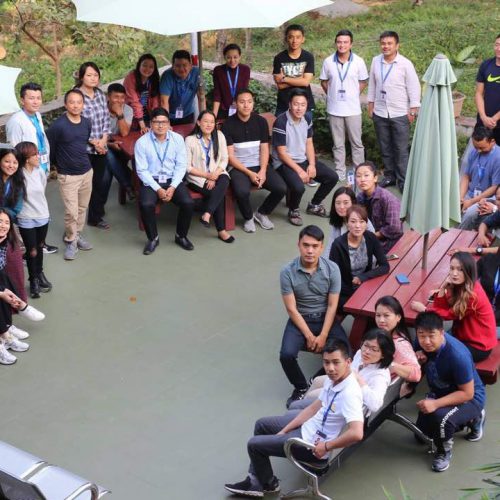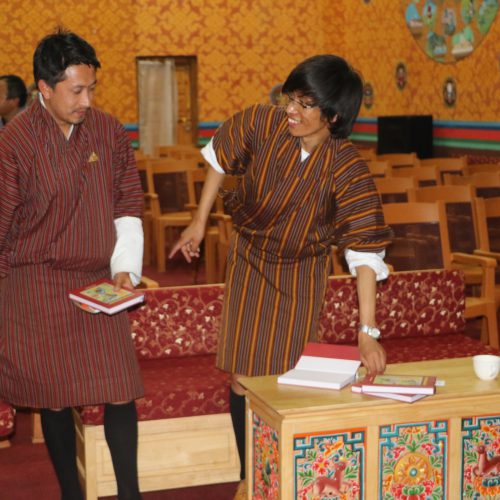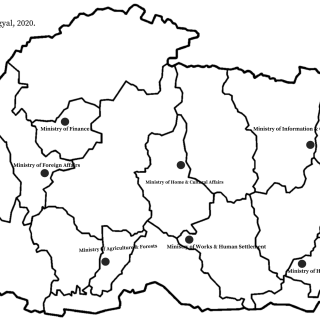‘The Right to Criticize is earned from Willingness to Engage’*
Assertion for rights have become more pronounced now than ever before. It has been brought about by political and social transition that has come in the form of democracy. While right to life, liberty and property are epitomized as inalienable human rights by several political philosophers and subsequent documentation in numerous Charters, Conventions and Constitutions, of late, right to expression has gained momentum. Within it, right to criticize has found its place among the people to the extent that it has become a common activity —so many people, in one way or another, participate in it[1]. Complaints, gossips and anonymous complainants in news forums are quite popular amongst us.
Criticism, for the purpose of this Article, is defined as the art of evaluating or analyzing with knowledge and propriety to refine the subject at hand. On that premise, conducive environment should be created through concerted effort so as to encourage criticism. The need has become ever more important and apparent in today’s world where democracy happens to be the only accepted social institution. This mechanism would help keep elected accountable to electorate. Should there be no such arrangements, democracy elsewhere would be perilous. Prohibiting citizens from criticizing elected officials would mean discrimination based on content – allowing praise of government officials but not criticism[2]. Unfortunately, criticism in some cases arise as a result of frustration and envy. Is assertion for right to criticize justifiable then?
This leads to the dilemma of weighing criticism. It can be elucidated by two concepts – valid and unjustified[3]criticism. Former is considered constructive as people criticize using reasonable standards of behaviours with adequate expertise in the subject. Latter, perceived defamatory, occurs when critic nags, recites one’s failures as a person and pretends to be smarter. In latter’s case, Dweck and Kamins (1999) say, “…Person criticism is inherently more negative than process criticism.”[4] However, there is very thin line between the two and interpretations at times are inconsistent and become a subject of controversy.
What do we do with the criticism? Should we avoid or accommodate? Building on the definition for the purpose of this very Article, one should acknowledge, disarm and probe the very critic and criticism he/she would give. Through these instruments, one will be able to admit and defuse one’s shortcomings and explore solutions to refine it.
On the contrary, opposite is quite true. We have that tendency to defy criticisms and take defensive sides even if evidences would say otherwise. In the similar vein, we criticize without knowing what actually the subject at hand really is. Attacking others without understanding the context and one’s role in it would be like going for a war unprepared. Such practices breed ground for animosity and division, sidelining our vision of mutually cohesive society for all.
As espoused in numerous Charters and Constitutions, in theory, all have right to criticize almost everything. However, in actuality, the right to criticize should be accompanied by willingness to engage in refining the subject at hand as Prof. Howard asserts. The very phrase is supported by Abraham Lincoln’s statement, “He has a right to criticize, who has a heart to help.”[5] Hence, it implies that every right has its corresponding duty. Rights cannot be demanded but earned, so the right to criticize is not an exception.
Notes and References
* Howard Williamson, Prof. of European Youth Policy at the University of South Wales is credited for the use of the phrase on the Second Day of the First Global Forum on Youth Policies (FGFYP), 28 – 30 0ctober, Baku, Azerbaijan. Find more about FGFYP here.
[1] Michael Walzer, “Interpretation and Social Criticism,” The Tanner Lectures on Human Values, (1985): 30
[2] David L. Hudson Jr., “Balancing Act: Public Employees and Free Speech,” A First Amendment Center Publication 3, no. 2 (2002): 3
[3] Utah State University, Academic Resource Centre, n.d. Handling criticism. Accessed November 9, 2014 from http://www.usu.edu/
[4] Carol S. Dweck and Melissa L. Kamins, “Person Versus Process Praise and Criticism: Implications for Contingent Self-Worth and Coping,” Developmental Psychology 35, no. 3, (1999): 841
[5] Goodreads (Accessed November 9, 2014); Available from http://www.goodreads.com/
Written in November 2014 after attending the First Global Forum on Youth Policies in Baku, Azerbaijan.



